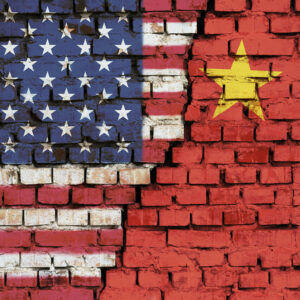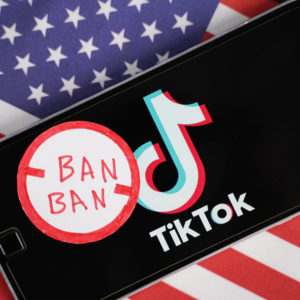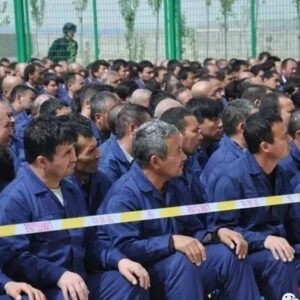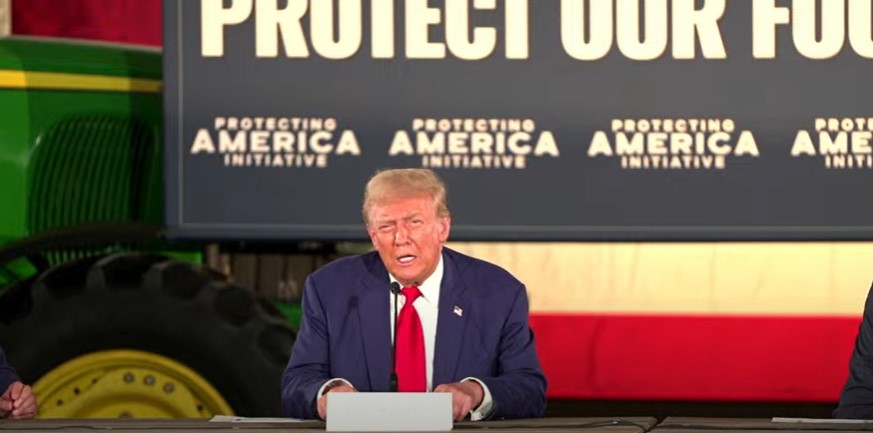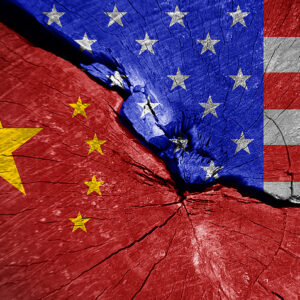For the 21st century, the United States has led the world in every major technological breakthrough, a record that has secured our nation’s place as an economic and political leader. This leadership has never been about technology alone — it has been about values. Our innovations embody the ideals of free speech, individual rights and […]



